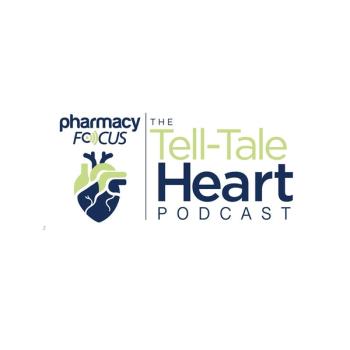
Revamped Adherence Strategies Could Help Reduce Revenue Loss
Medication nonadherence leads to billion dollar losses for pharmaceutical companies, a report indicates.
Medication nonadherence leads to billion dollar losses for pharmaceutical companies, a report indicates.
Nonadherence to medication for chronic conditions results in an estimated $188 billion revenue loss per year for the pharmaceutical industry, according to a
The report authors based their findings on adherence data in published medical studies from 2003 to 2012 that included refill data from pharmacy claims. They did not focus on medication for non-chronic conditions, due to lack of adherence data on non-chronic conditions. In addition, most studies did not account for refills beyond the first refill, despite a propensity for reductions in adherence after 3 months of therapy and nonadherence to long-term or lifelong therapy.
Medication classes with the greatest revenue loss due to nonadherence were respiratory agents, antidepressants, anti-ulcerants, antidiabetics, and antipsychotics, according to the report.
In a survey of pharmaceutical executives conducted prior to the report, all respondents said the industry bears some responsibility for improving adherence. In addition, 80% of respondents rated medication adherence as a high priority or the highest priority for their company.
“I believe the pharma industry, health care professionals, and payers all bear an equal responsibility for promoting improved adherence to medication,” said a respondent quoted in the report.
“It is the biggest issue affecting positive treatment outcomes for most chronic therapies,” another respondent is quoted as saying.
The report authors noted that pharmaceutical companies’ existing strategies—including medication adherence teams that recommend traditional or isolated strategies—do not address the problem of nonadherence at its roots and are often inadequate for addressing the problem.
The pharmacist’s position as a frequently visited and trusted health professional offers a unique opportunity for adherence management, Pharmacy Times Editor-in-Chief Fred Eckel has
In addition, several studies have demonstrated the value of pharmacist counseling in both medication initiation and adherence. A
Newsletter
Stay informed on drug updates, treatment guidelines, and pharmacy practice trends—subscribe to Pharmacy Times for weekly clinical insights.

































